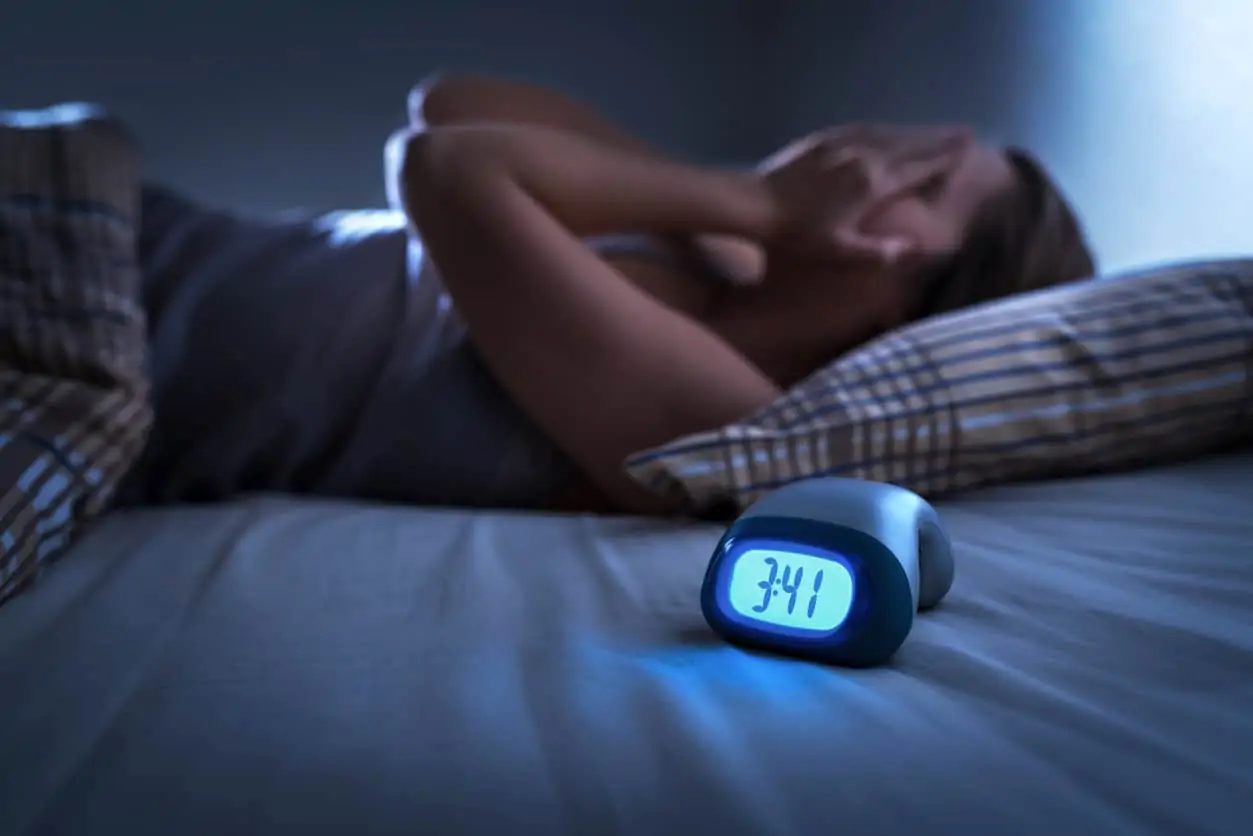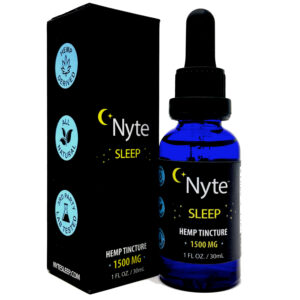Disordered Sleep vs. Sleep Disorder: What’s The Difference?
About 70 million Americans suffer from chronic sleep problems. Lack of sleep is often correlated with injuries, chronic diseases, mental illnesses, poor quality of life and well-being, increased health care costs, and lost work productivity. While lack of sleep does not directly cause diseases, sleep problems are major contributors to some chronic conditions, including obesity and depression.
In this article we will explain the difference between sleep disorders, which are a clinical diagnosis, and disordered sleep – the feeling that you wake up feeling unrefreshed and struggle to get quality sleep. We will also explore the most common sleep disorders in more detail so you can be aware of the symptoms in case you or someone you know might be suffering from these problems.
First let’s take a closer look at the symptoms of the most common sleep disorders:
Sleep Apnea – Snoring may be more than just an annoying habit – it may be a sign of sleep apnea. Sleep apnea is when your throat closes while you are sleeping causing you to stop breathing temporarily. Persons with sleep apnea characteristically make periodic gasping or “snorting” noises, during which their sleep is momentarily interrupted. This is incredibly dangerous and can be a life threatening situation.
Those with sleep apnea may also experience excessive daytime sleepiness, as their sleep is commonly interrupted and may not feel restorative. Some common signs of sleep apnea include:
- Snoring
- Stopping breathing for a few seconds
- Waking up with sore throat or dry mouth
- Daytime irritability
- Daytime sleepiness
If these symptoms are regularly impacting you or your bed partner, you should speak to your doctor about this as soon as possible.
Narcolepsy – Excessive daytime sleepiness (including episodes of irresistible sleepiness) combined with sudden cataplexy (muscle weakness) are the hallmark signs of narcolepsy. Narcolepsy is a brain disorder that makes you sleep very poorly at night, resulting in extreme sleepiness during the day. The sudden muscle weakness seen in narcolepsy may be elicited by strong emotion or surprise. Some of the most common signs and symptoms of narcolepsy are:
- Excessive daytime sleepiness
- Cataplexy
- Hypnagogic hallucinations
- Sleep paralysis (when you wake up but your body still seems to be asleep)
- Naps
Insomnia – Insomnia is characterized by an inability to initiate or maintain sleep. It may also take the form of early morning awakening in which the individual awakens several hours early and is unable to resume sleeping. Difficulty initiating or maintaining sleep may often manifest itself as excessive daytime sleepiness, which characteristically results in functional impairment throughout the day.
Chronic psychophysiological insomnia (or “learned” or “conditioned” insomnia) may result from a stressor combined with fear of being unable to sleep.
Individuals with this condition may sleep better when not in their own beds. The symptoms most commonly associated with insomnia are:
- Inability to fall asleep
- Inability to stay asleep
- Early morning awakening
- Inability to resume sleeping
- Excessive daytime sleepiness
- Fear of being unable to sleep
Restless Leg Syndrome – RLS is characterized by an unpleasant “creepy crawly” sensation, often feeling like it is originating in the lower legs, but often associated with aches and pains throughout the legs. This often causes difficulty initiating sleep and is relieved by movement of the leg, such as walking or kicking. Abnormalities in the neurotransmitter dopamine have often been associated with RLS. Some signs to look for with RLS include:
- Uncomfortable sensations (itchy, pins/needles, creeping)
- Muscle twitching throughout the night
Many people who have problems sleeping however, may not have one of the above mentioned clinical diagnoses but still find themselves waking up tired, sleeping insufficient hours or just feeling unrefreshed after waking up. Poor quality of sleep or insufficient sleep that does not have a clinical diagnosis is called disordered sleep.
Fortunately, for disordered sleep there are natural, holistic solutions that can help you improve your sleep quality, and subsequently, your quality of life.
Here are a few ideas to start with:
- Meditation & Mindfulness Practices
- Endocannabinoid Optimization Supplements (These Nyte Sleep Gummies are our favorite!)
- Breathwork Practices
- Avoiding Mouth Breathing
- Tracking Your Sleep
- Knowing Your Sleep Chronotype
If you have a sleep disorder it is imperative that you seek medical assistance from your doctor to address your issue. You can also visit the Sleep Centers website at www.sleepcenters.org to find a reputable sleep center near you.
To your best Nyte Sleep!
Signing off… Zzzzz







